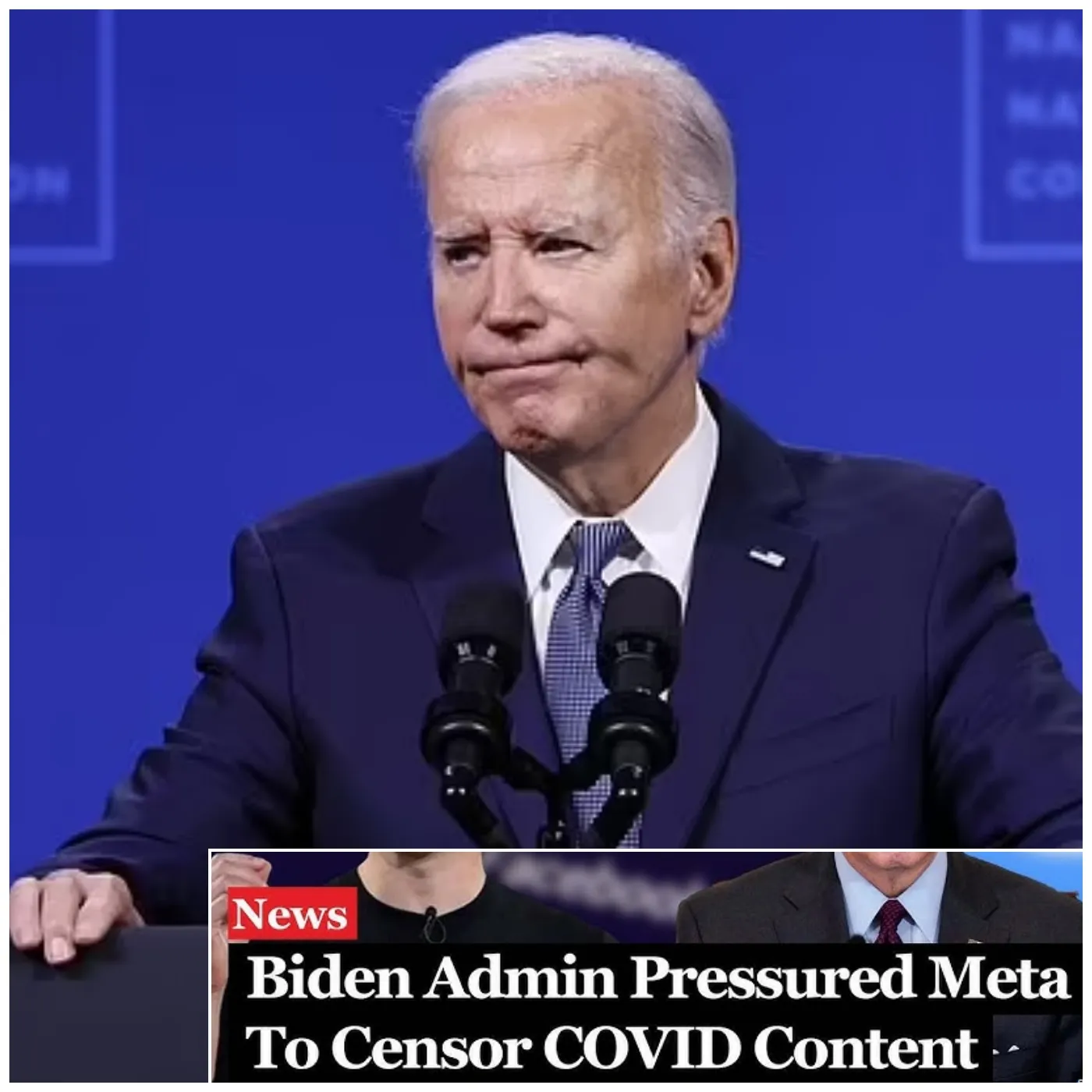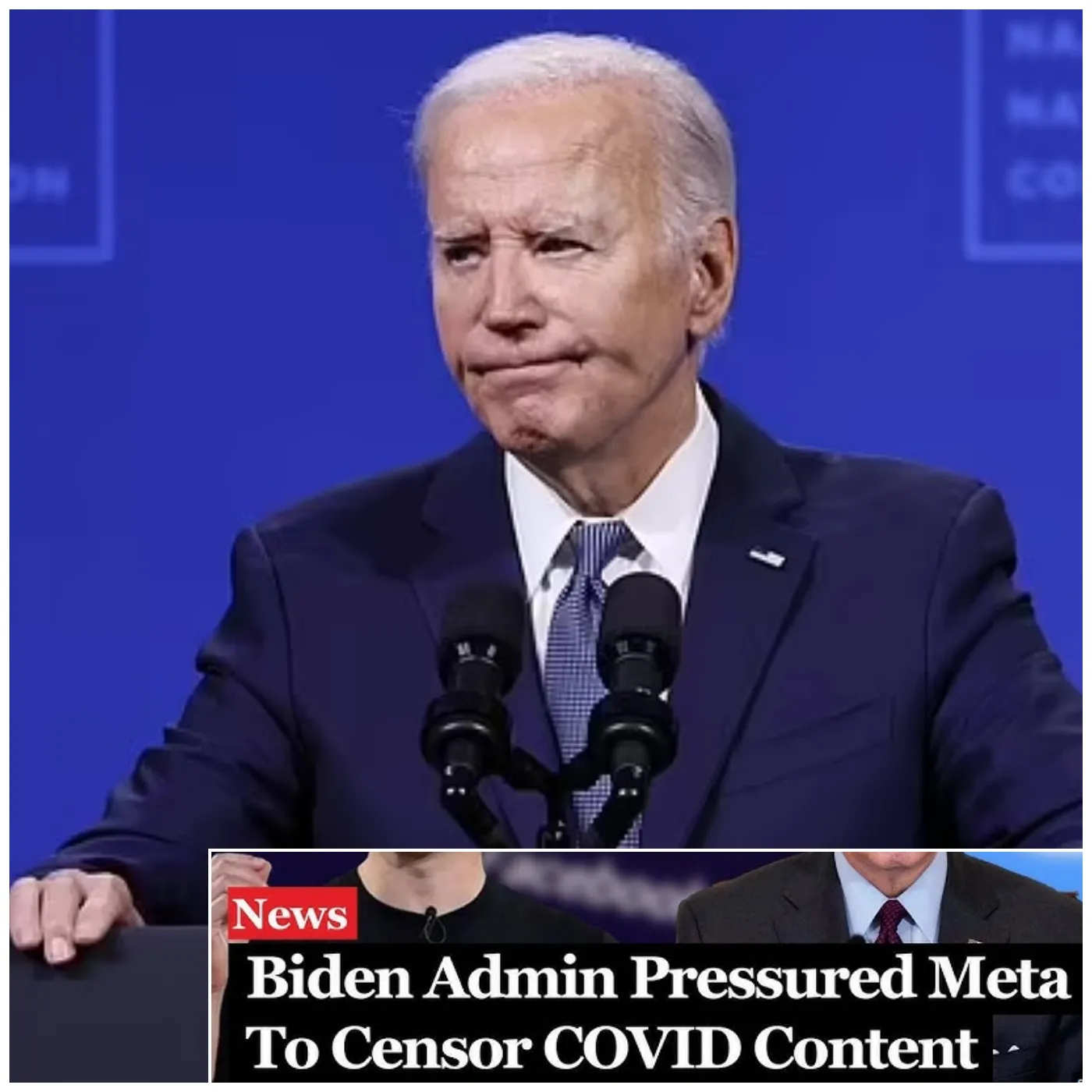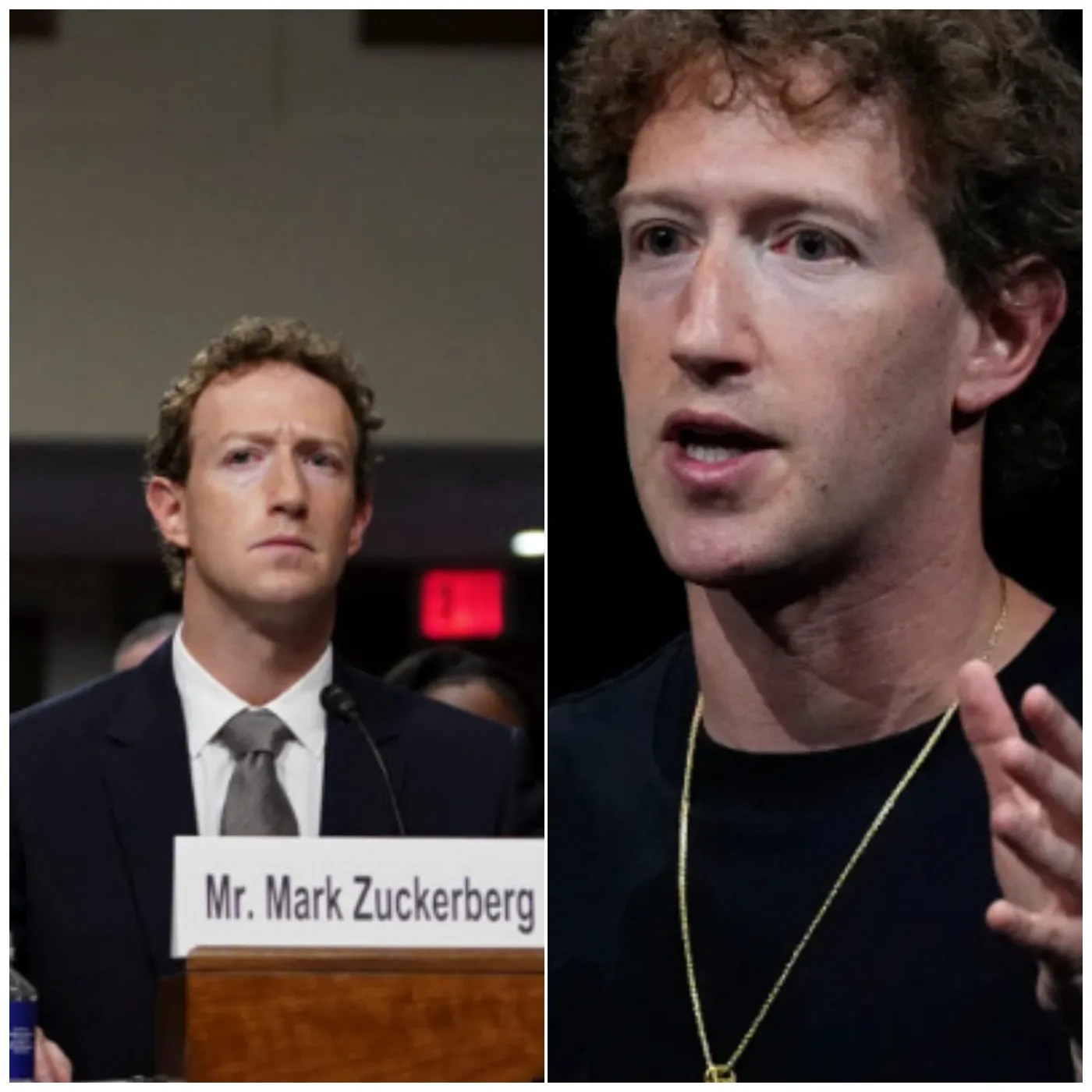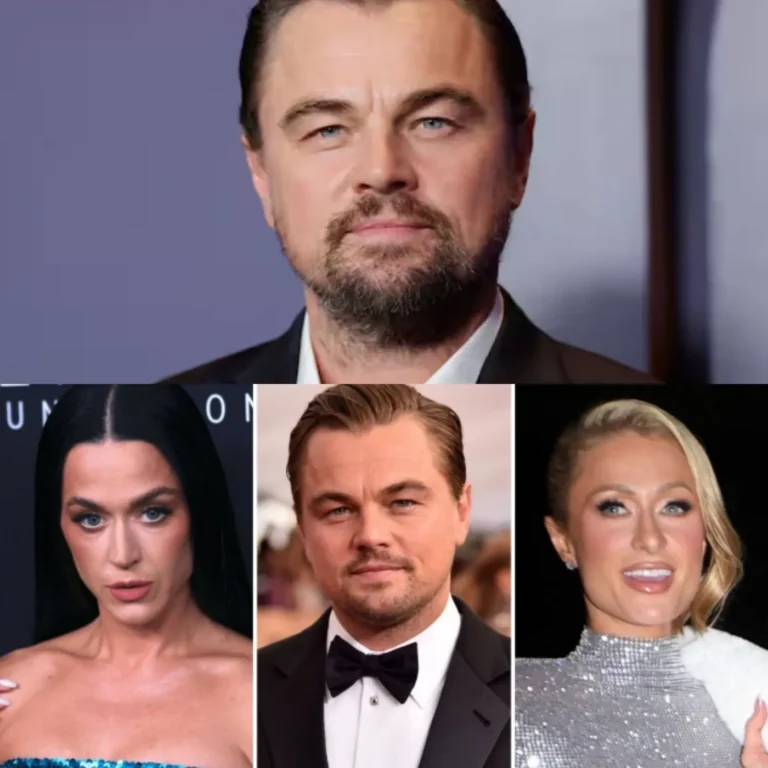
Recent revelations have confirmed what many Republicans have suspected for some time: the Biden administration exerted significant pressure on social media platforms to censor information. In a revealing letter to the House Judiciary Committee, Meta CEO Mark Zuckerberg acknowledged that the Biden-Harris administration pushed Facebook to censor certain content, including humorous and satirical posts about COVID-19.

The Pressure to Censor: What Zuckerberg Revealed
Zuckerberg’s letter disclosed that senior Biden administration officials repeatedly pressured Facebook to censor specific COVID-19 content. According to Zuckerberg, when Facebook initially resisted this coercion, the administration increased its pressure. The company eventually made changes to its content policies, a decision Zuckerberg now regrets. He admitted, “I believe the government pressure was wrong, and I regret that we were not more outspoken about it. I also think we made some choices that, with the benefit of hindsight and new information, we wouldn’t make today.”
The Impact on Free Speech and Government Double Standards
Zuckerberg’s admission shines a light on the tensions between free speech and governmental influence. It raises questions about the limits of government intervention in what Americans can see and share on social media platforms. While the First Amendment protects free speech, the Biden administration’s actions, as described by Zuckerberg, appear to contradict these protections by pressuring Facebook to censor content.
This revelation also highlights a potential double standard in the Biden administration’s dealings with Big Tech. On one hand, the administration has initiated antitrust investigations and lawsuits against major tech companies like Apple, Amazon, Google, Meta, and Microsoft. On the other hand, it has exerted pressure on Facebook to regulate content in a way that aligns with its interests.

What Does This Mean for Future Censorship?
With Kamala Harris now at the forefront of the Democratic ticket, there is concern about whether the current administration’s approach to media and censorship will continue. Will Harris continue to pressure social media companies to censor content that could be perceived as damaging? And will Big Tech, having experienced such pressure before, stand up to future attempts at censorship? Zuckerberg’s commitment to resist future pressures suggests a potential shift in how Meta will handle similar situations going forward.
A Broader Implication: What Else Might Republicans Be Right About?
Zuckerberg’s letter also raises broader questions. If the Biden administration’s pressure on Facebook, which Democrats had previously dismissed as Republican paranoia, turned out to be true, what other Republican claims might hold water? The disclosure that Facebook demoted a New York Post story about Hunter Biden’s business dealings based on an FBI warning about “potential Russian disinformation” — later found to be inaccurate — points to the complexities of navigating truth and misinformation in the digital age.
The Right to Know
Ultimately, Americans deserve transparency regarding the information they receive and the sources of that information. As Zuckerberg’s letter reveals, the lines between government oversight and censorship can blur, raising crucial questions about free speech, media independence, and the public’s right to know. Whether future administrations will respect these boundaries remains to be seen, but for now, Zuckerberg’s admissions provide a clear acknowledgment of the influence government can wield over social media giants.






